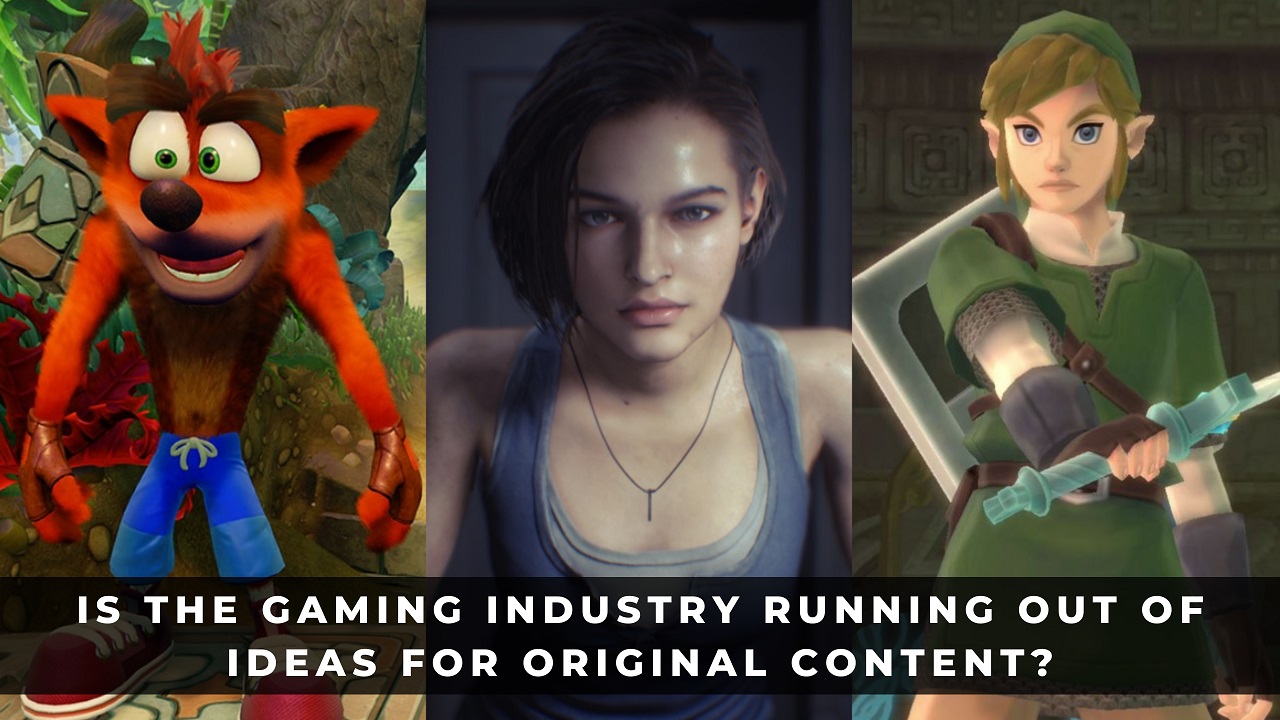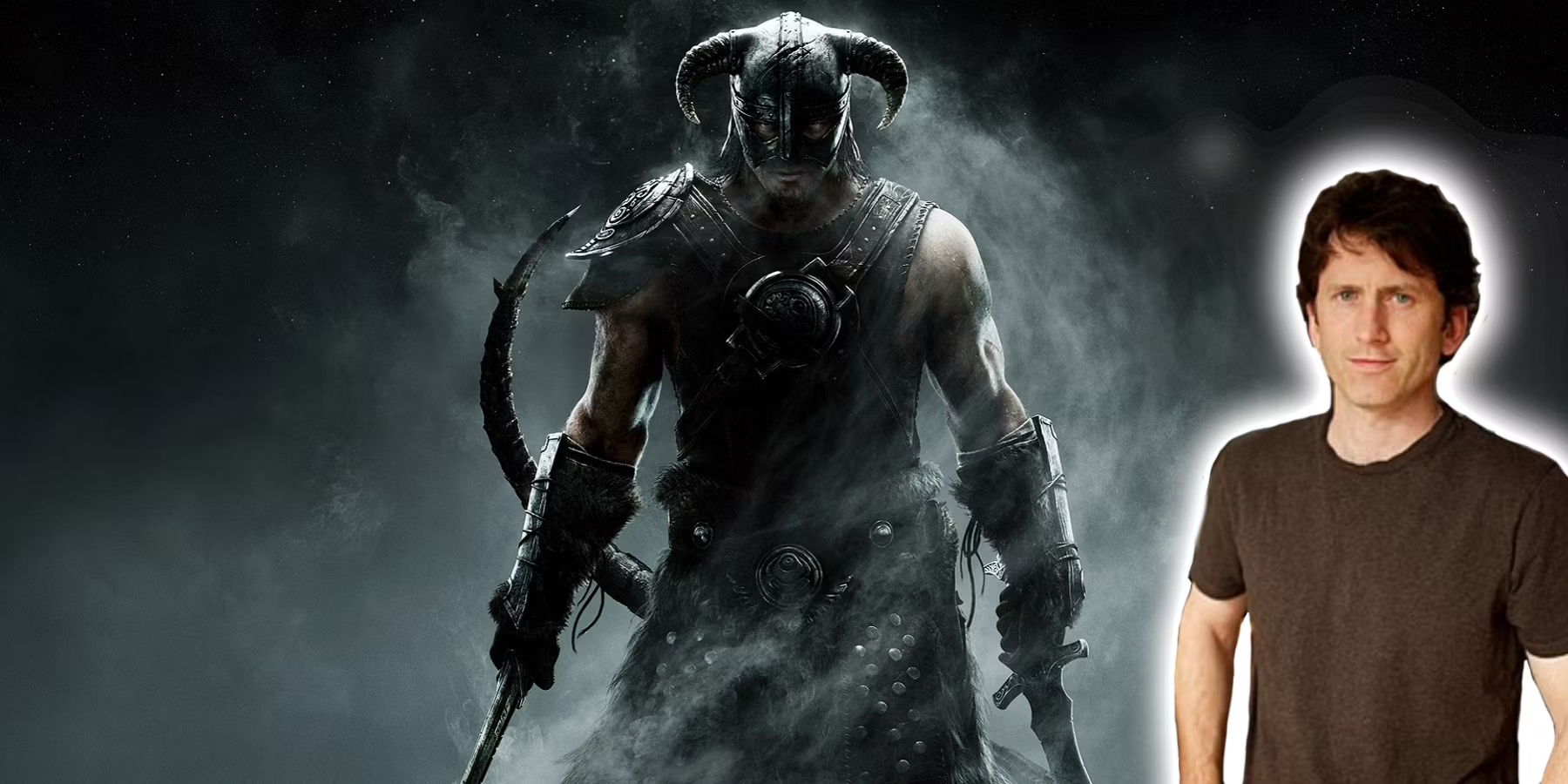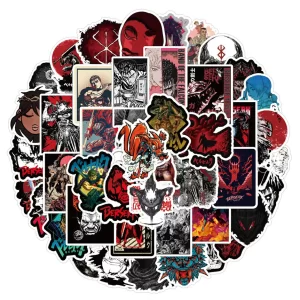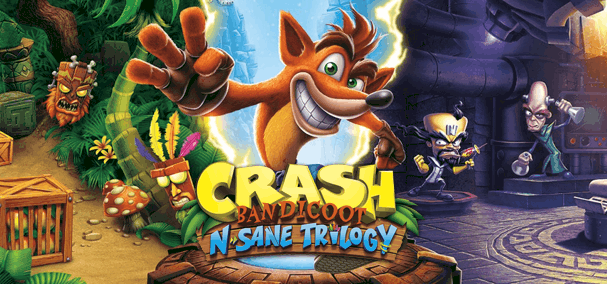

Video game remakes are a dime a dozen these days – they can be new coats of paint added over their original counterparts, or almost completely new experiences. There are so many in fact, that their very existence is debated in the community time and time again. So today on Culture of Gaming, we wanted to pit two of our writers head to head, Will and Jesse, to find out if video game remakes are actually a good thing for the industry and its consumers.
Jesse will be arguing against remakes, and Will shall be be arguing for them. You can get involved down in the comments below, or on Twitter @thecognetwork. We’d love to hear from you.
With that, we posed 5 questions to each other about video game remakes, and here’s what happened.
And, not only does it make gaming more stagnant for consumers, but developers too. Rather than get the freedom to bring their own ideas and stories to life, they’re going to be saddled with remaking other people’s creations. Sure, those games may be why developers wanted to join the industry in the first place. But no creative wants to be told they have to remake a game rather than something new.
Will sees the benefit in nostalgia:
Nostalgia is a powerful thing, I’m not going to sit here and deny that. There’s a reason I still play games like Pokémon all these years later, even though the target audience hasn’t changed.
But video game remakes can use nostalgia in an interesting way. When you look back at an old title, one that you absolutely loved when you were younger, you might want to replay it. The constantly emerging problem with this is that those games have not aged well. Video games are a medium that has moved at such a breakneck pace that very quickly they become obsolete.
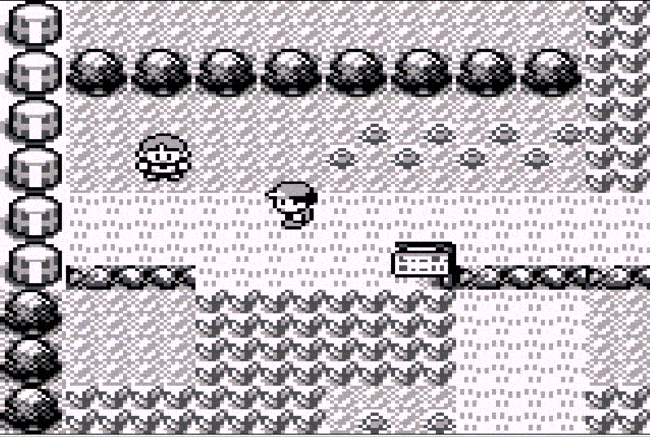
I’ll use the original Pokémon Red & Blue as an example. These were the first games in the single largest media franchise on earth, and in the 24 years since they launched the series has seen countless improvements. So going back onto a GameBoy, with no backlight, and terrible looking sprites can be really hard.
Then along comes games like Let’s Go Pikachu/Eevee on Switch. Yes they take cues from Pokémon Go, yes they’re very simple, but they’re what fans imagined all those years ago. You can see Pokémon in the grass, switch out your team on the fly, play local co-op.
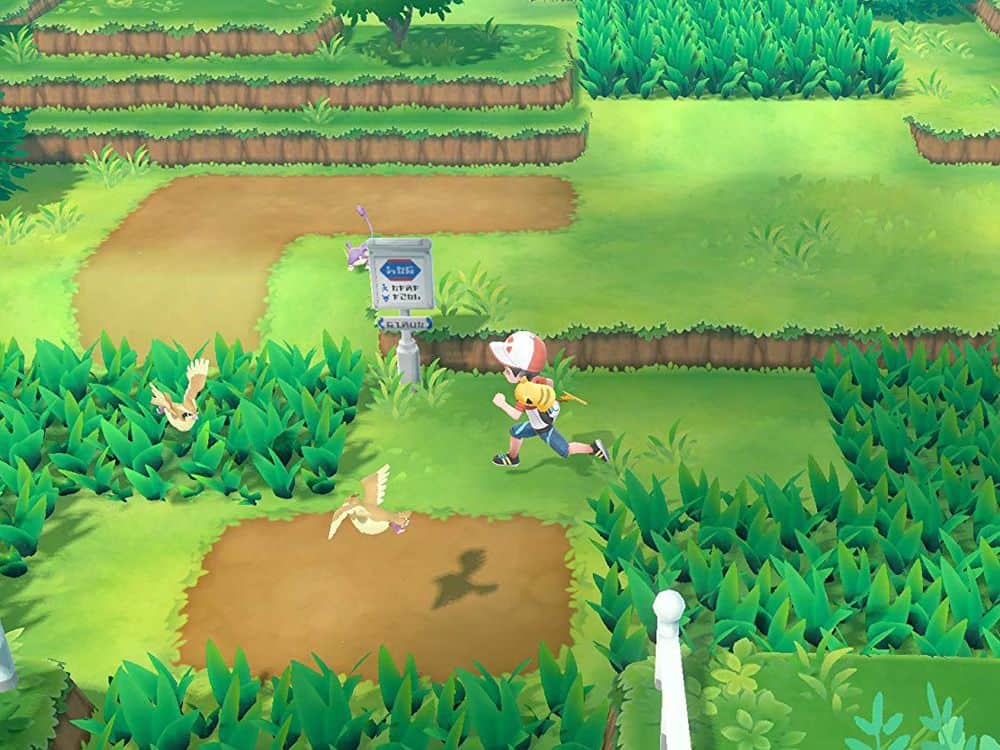

I know not all games are perfect at recreating old experiences, but my point is this: When nostalgia is used right, it can create an experience that doesn’t replace the original, but enhances it into something better. For everyone the line is different though, it depends on your attachment to a game or series, and how you feel about what’s been done to it.
A video game remake is, to some extent, beholden to its original equivalent. Does this hamstring it and prevent it from actually innovating?
Jesse thinks so:
Absolutely, and they suffer for it. On this point, the fault is kind of on us, the fans. When a remake is announced, who is the target audience? Hardcore fans of the originals, right? Who would know the original game the best? The fans who’ve played it one thousand times of course!
So, that puts the developers in a serious bind. Changing even small details is going to be picked apart and analyzed to an absurd degree. Let’s be honest, we can be a little overprotective of our favourite games. To some, even a character’s costume change can “ruin” the game. Yes, the people who claim this would be the vocal minority. However, even if these fans aren’t influencing developers at all, they’re are still going to be old fans who dislike any sort of change.
If you’re remaking a game, what can you change? The story? No, especially not if it’s part of an ongoing series. The characters? Again, no way. The locations? No, because that would impact the story. That basically leaves mechanics, and that is a very risky and delicate thing to try and change. For a lot of gamers, the gameplay is just as important as the story, if not moreso. To change that, well, at that point why don’t you just make a new IP?
This raises questions about what makes a modern remake, with Final Fantasy VII Remake redefining exactly what developers feel they can change (for those who haven’t played it, almost all of it).
Will see’s it on a case by case basis:
Jesse isn’t wrong, and I think most of us can see that. In any medium, remaking something raises questions of what to change, improve, and what to leave be. But video game remakes don’t follow strict rules. You could get Shadow of the Colossus from Bluepoint Games, a from-the-ground-up remake that’s almost exactly the same. Or you can get Final Fantasy VII Remake. Both of these games are remakes, yet one wildly differentiates itself from the original.
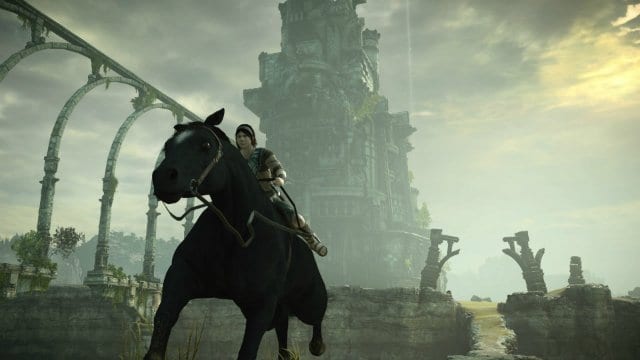

So to answer, no, remakes aren’t always beholden to the original. Developers can choose to modernise a game, bring it forward. This doesn’t go over well with everyone, but it does allow new fans to emerge. Showing that with remakes, nostalgia isn’t always a factor the quintessential factor. I’d never played Final Fantasy VII before Remake, but I absolutely loved it. I went back to try the original (I’m going to be crucified for saying this), but couldn’t get past about 13 hours.
What I’m trying to say is that remakes come in different forms. They can aim to create new fans and modernise a game, or to just make the original version better and more readily accessible.
Sometimes video game remakes can do the opposite, they can ‘reimagine’ the original instead of wholly imitating it. Does that work?
Jesse sees it as a half measure:
Reimagining of games is essentially the halfway point between remake and a new IP. They want to get all the benefits that come with using an established game’s name I mentioned above. But, they also really want to make something new. So, they split the difference and make something basically half new.
Take the RE2 remake. The premise and story, for the most part, is faithful to the original. The gameplay, though, is a huge departure. Gone are the fixed camera angles in favor of a more RE4 style camera and combat system. That one change alone required tons of other smaller changes to be necessary too. Enemy placement, behavior, resource placement, puzzles, all had to be rebalanced. Then, hey, why not throw in some new things and surprises too?
Because so much was already changed, and because the game was so good on its own, people accepted it. You know what would’ve been even better? If RE2 remake took place in a unique setting with new main characters and a fresh story. Oh, wait. That would just make it a new IP, wouldn’t it?
A reimagined original is the equivalent of a reboot of sorts. Just like reboots, they are wasted talent and innovation. Yes, they do allow more freedom, but not completely. People come in with expectations of a remake, and a reimagining can only subvert them so much before it actually doesn’t make sense to call it a remake.
Will thinks it creates ‘new games’:
Games like Medieval, Crash Bandicoot N. Sane Trilogy and Spyro Reignited Trilogy are ground-up video game remakes of the same game. Are these bad? Not at all! A lot of the time they can show how these games haven’t aged all that much.
I see what Jesse is saying though, why recreate the old title when they could be as good as a new IP? Well a lot of the time people haven’t played the original (Resident Evil 2 or Final Fantasy VII), so hearing its coming back, new and improved, gives those players a chance to give the title a go.
These games will have the same core story, ideas, and mechanics, but are so different that they can be classified as ‘new games’. I understand that they use the same name and IP, but when the original still exists, why not use that pre-established IP to make something new, try out new ideas? Developers aren’t just breathing life into an old game, but they may be showcasing new ideas that have a lasting impact on the industry as a whole.
Remakes that ‘reimagine’ are a way for developers to please the people who want to use pre-established IPs to generate revenue, but to then also try and create something new. To truly modernise and bring an IP back to a newer audience.
The industry of video games has evolved at a rapid pace, so does bringing older titles back allow them to improve and be more accessible to newer players?
Jesse sees them as avenues to cash-grab:
All media evolves. That’s just a fact. Videogames are unique in a lot of ways compared to things like films and books, but they do have something in common. As long as the game, and hardware required to play that game, exist, it can be played. Just like a book written 200 years ago can be read today. Will the language be a little unintuitive and take some extra effort to fully comprehend? Sure. That’s one area games have above other mediums.
Each one is designed, ideally, to teach the player how they work already. Games are also new enough that even some of the oldest ones aren’t unrecognizable visually. Anyone can tell the ghosts in Pac-Man are ghosts, right? They don’t need to be remade in 4K to get the point across. The worst part is that making these games “more accessible” can be an insidious excuse.
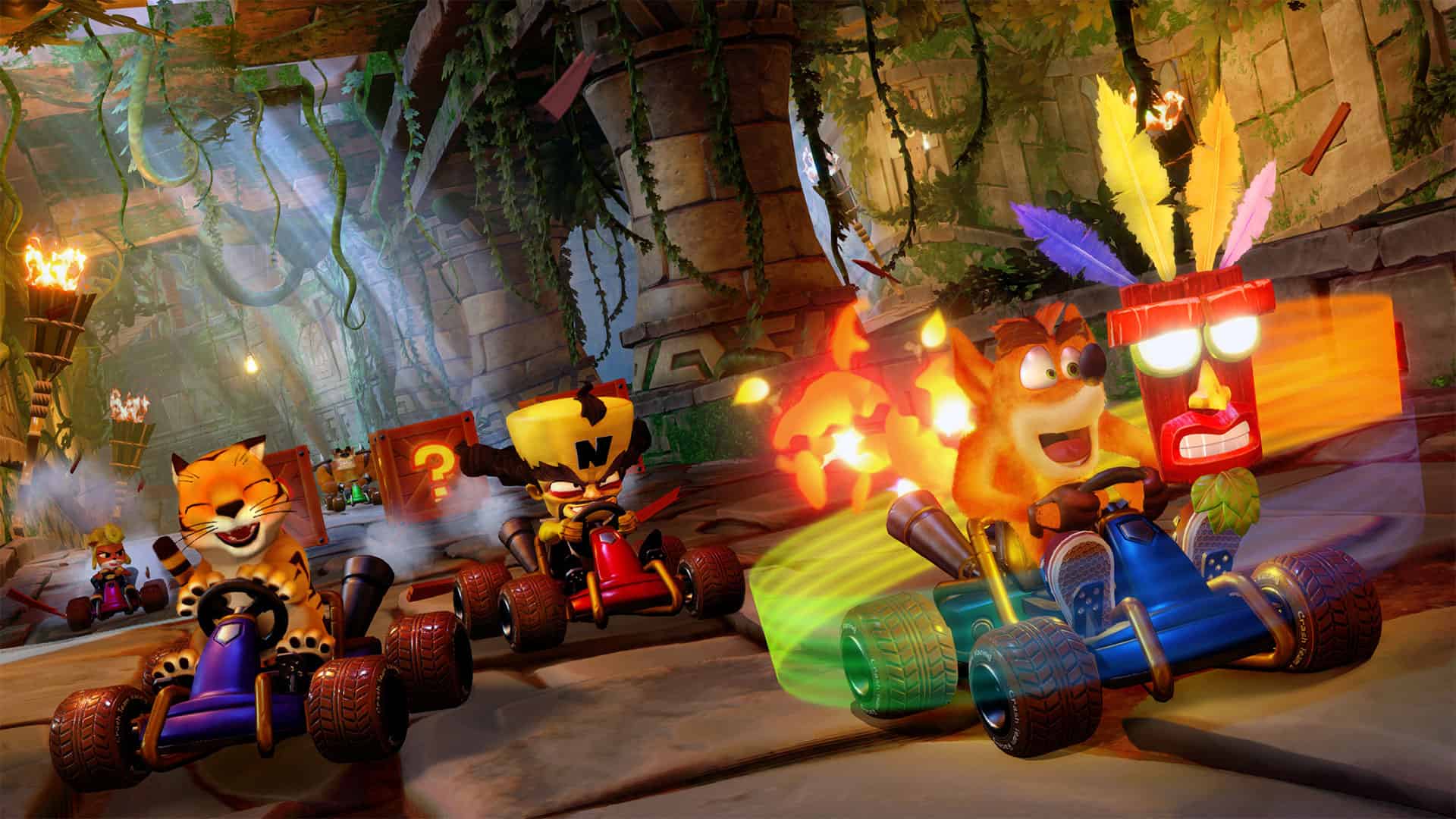

Remember Crash Team Racing: Nitro-Fueled? How after it launched Activision put in microtransactions? The same thing happened with COD4 and map packs. So, not only are you purchasing the same game again for the small convenience of not having to swap hardware you might still have, but you may be getting a lesser experience thanks to “modern trends” like microtransactions being shoved in.
If it hasn’t become clear already, one major aspects of remakes getting made is publisher interference. Bringing back these old titles comes down to businesses making money, and pre-established brands are easy ways to do that. Sometimes you can get RE2R that freshens that idea up enough. Or you can get games that shove extra ways to make money down your throat.
Will sees how accessible it makes older games:
Video game remakes can sometimes be wildly different, so when asked do remakes make games more accessible, I say yes! They allow a new audience to experience the very core ideas of an old title without the showing of age.
I’ll use the same game that Jesse did earlier, the RE2 Remake. I loved this game; the sense of unease that inventory management, backtracking, and zombie placement all brought was electrifying.
Now is all that present in the original? Yes, it is. But would I feel I could sit down and play a game with tank controls, aged graphics, and old design philosophies? Probably yes, but because of my gaming experience there would be a certain amount of adjustment and accepting of age. But with the remake, I could easily jump into a game that’s the same at its core, but designed around ideas and mechanics I’m more familiar with.
Older fans can enjoy that type of experience too, but they also have nostalgia for the original, and whilst that makes it easier for them to play the original, it also creates a preconception over the remake. ‘Reimaginings’ allow newer fans to emerge, whilst straight-up video game remakes cater more towards older fans.
Remakes can often take the place of the original in the market, does this hurt the original instead of breathing new life into it?
Jesse understands how these remakes can actually hurt to consumer:
There’s the argument that the original still exists even when a remake comes out. That the new version doesn’t remove or delete the experience you had. That’s technically true, but companies sure would like it not to be. In fact, this upcoming generation could be a major turning point on this issue depending on how backwards compatibility functions.
Take the PS4, which is not backwards compatible at all. You want to relive RE2? I hope you have a PS1, 2, or fat 3 to play that disc on. If not, well, here’s a full price remake! If full backwards compatibility were a thing, you could just find a used copy for dirt cheap and be good.
Great for you, but that’s not what companies want. If they could have their way you would be paying to play their old games, and remakes, on each system. We’re even seeing this start to happen on the Series X. That system is going to feature full backwards compatibility with smart delivery. But, EA is already pushing that boundary by putting a time limit on when people can upgrade Madden 21 before they start charging you to do so.
You can bet other companies are going to try similar tactics, or just forego pretending at all and put out different versions of the game for each system. Remakes are absolutely intended to replace the originals in every way. Unless they are able to sell you the original again too, companies would much rather you just buy the remake.
Will doesn’t disagree, surprisingly:
This isn’t a point I can fully commit to arguing on, or play devil’s advocate, because I agree with it. There’s a fine line between making something new and allowing access to the old, and just straight up bottlenecking the consumer into paying full price.
Look at older systems when video game remakes weren’t really around. You could pop a PS1 disc into a PS2 and play it. Most original Xbox games could be played on an Xbox 360. But now, because the industry moves so fast and there’s so much money at stake, the idea of allowing older games to be accessible on newer consoles is a pipe-dream (for the most part).
There are a few solutions though. You could pack in the older game with the newer one, exactly as the MediEvil remake did. You can allow the older title to be downloaded on console stores at a cheap price. If developers know that bringing a title back in a new form is lucrative, then they must know there’s a market for the original as well. It might not be as big an audience, but catering for those people should be as important.
As games move forward and remakes happen almost everyday, we can’t just leave their history in the dust. If you’re going to bring the game forward and modernise it, at least do people the honour of preserving the original as best you can.
What’s the Verdict?
In the end, video game remakes are a tricky thing. They come in so many forms that just defining the term ‘remake’ in the industry comes with trouble. Although this discussion between Jesse and Will has made one thing very clear, they’re subjective. Because they come in different forms and allow new players to experience old IP’s they divide newer and older fans alike. Questions of ‘is it worth it?’ or ‘is it any good?’ crop up all over the place.
Although there’s one thing I think we can all agree on when it comes to remake culture, if you’re going to remake a game, at least provide cheap/easy access to the original. As developers, if you know there’s a market to remake a game there’s clearly a market for the game in its original form. Do both new and old fans alike a favour and make both versions as easily accessible if you’re going to do anything.
That is all.
As always, thanks for reading COG! Let us know how you feel about remakes in the comments below, or on Twitter @thecognetwork. Alternatively you can check out the most recent news here, or another debate, except this ones on Skyrim!




